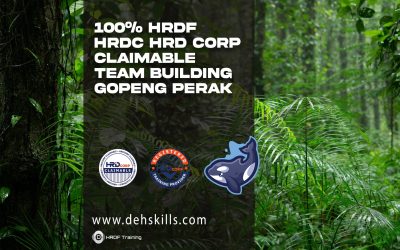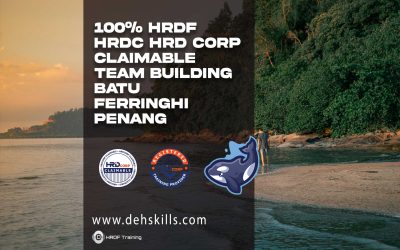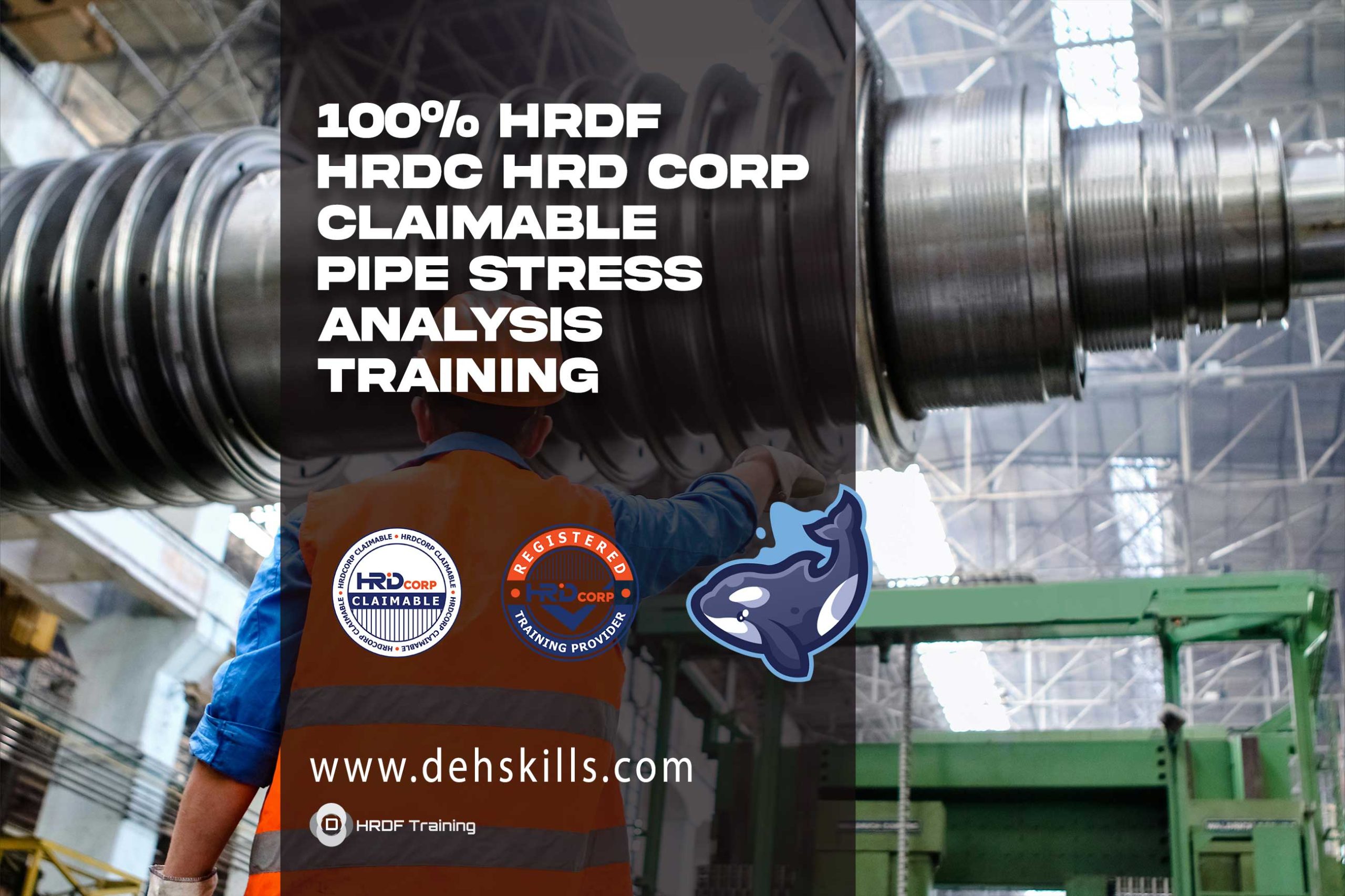HRDF HRDC HRD Corp Claimable Pipe Stress Analysis Training
Enhanced Project Management Capabilities: Improve project management skills by learning how to integrate pipe stress analysis into the broader context of project design, construction, and operation, ensuring projects are completed on time, within budget, and to specifications.
Overview
HRDF | HRDC | HRD Corp Claimable Pipe Stress Analysis Training
Pipe Stress Analysis Training: Overview Target Audience
Mechanical engineers, particularly those engaged in the design and upkeep of piping systems in industries such as oil and gas, chemical, power generating, and water treatment.
Process engineers must comprehend the ramifications of pipe stress on process design and equipment selection.
Design engineers specialize in the creation and development of the arrangement and intricate design of piping systems.
Project Engineers are responsible for supervising the building and installation of piping systems.
Maintenance and Reliability Engineers are responsible for the continuous functioning and resolution of issues related to piping systems.
The significance of acquiring knowledge in pipe stress analysis:
Ensuring Safety: Pipe stress analysis is essential for ensuring the safety of the plant, the environment, and the workforce. Gaining a comprehension of stress analysis is beneficial for constructing piping systems that possess the ability to endure elevated pressure, temperature, and dynamic loads without experiencing failure, hence averting accidents and leaks.
Learning pipe stress analysis is necessary to adhere to international standards and norms, such as ASME B31.3, which regulate the design and construction of piping systems. Expertise in this field guarantees that designs adhere to the necessary legal and safety regulations.
By undergoing pipe stress analysis training, engineers can enhance the design of piping systems to achieve cost-effectiveness and efficiency. This encompasses the process of choosing suitable materials, establishing the most effective arrangement, and guaranteeing the durability of the system.
Equipment damage prevention: Conducting thorough stress analysis can effectively mitigate damage to interconnected equipment, including pumps, vessels, and heat exchangers. This analysis ensures that thermal expansion, vibration, and other forces remain within the equipment’s designated limits.
Minimizing stress concentrations and probable failure spots in the design of a piping system can lead to a substantial reduction in maintenance costs. Efficient planning of predictive maintenance requires a thorough understanding of the behavior of the piping system under various operating situations.
Results of Learning Pipe Stress Analysis
- Competence in analytical software: Develop expertise in utilizing widely-accepted software applications for doing pipe stress analysis, such as CAESAR II, AutoPIPE, or ROHR2. This encompasses the process of creating models for intricate piping systems, performing simulations, and analyzing the obtained outcomes.
- Proficiency in Piping System Design and Evaluation: Acquire the skills to create new piping systems and assess the soundness of existing ones in different operational scenarios, guaranteeing their safety, dependability, and adherence to regulations.
- Enhance problem-solving abilities by acquiring the ability to recognize possible concerns in piping designs and effectively implement solutions to avoid hazards related to high stress, vibration, and thermal expansion. This will result in improved problem-solving skills.
- Comprehension of Piping Behavior: Acquire an extensive comprehension of the behavior shown by piping systems when subjected to various loads, including persistent loads, thermal expansion, occasional loads (such as wind or seismic activity), and dynamic loads (such as vibration and surge).
- Enhanced Project Management Capabilities: Enhance proficiency in project management by acquiring knowledge on the integration of pipe stress analysis into the overall framework of project design, construction, and operation. This will ensure that projects are completed within the designated timeframe, allocated budget, and specified requirements.
- Acquiring knowledge in pipe stress analysis is a worthwhile endeavor for engineering experts engaged in the planning, functioning, and upkeep of piping systems. This expertise equips individuals with the ability to guarantee the safety, adherence to regulations, and effectiveness of industrial activities.






